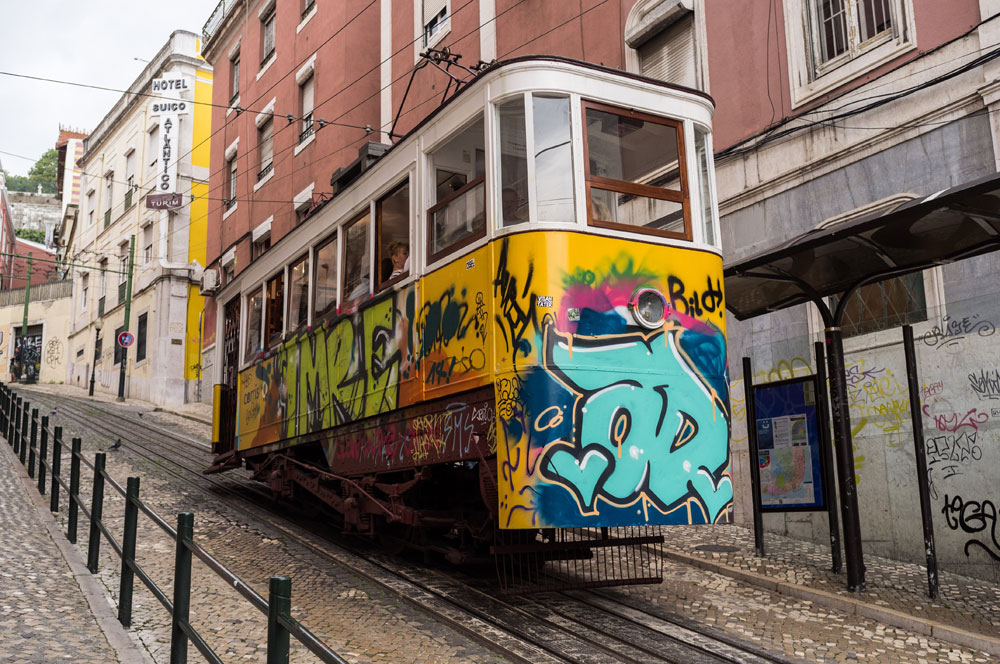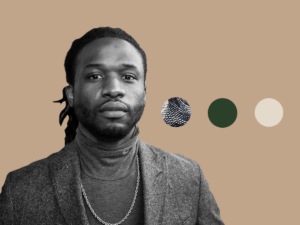
January 27, 2020; Shelterforce
Last June, Transportation for America (T4America), a program of Smart Growth America, announced its inaugural group of 11 Arts, Culture, and Transportation (ACT) Fellows. These visual and performance artists, urban planners, and advocates are now participating in arts-infused transit projects in four cities—Seattle/Puget Sound, Washington; Austin, Texas; Springdale, Arkansas; and Indianapolis, Indiana.
T4America had been involved in creative placemaking projects related to transit issues for about three years before launching the fellows program, which is funded by the Kresge Foundation. As reported in Shelterforce, the current work in Springdale is being layered over earlier projects, and the work being done in all four of the cities with ACT Fellows has been informed by numerous other projects in cities like Nashville and Minneapolis, with support from many funders. ACT Fellows have visited other cities and learned from earlier work that’s been done. They are expected to apply what they’ve learned elsewhere to their own projects and to continually inform each other’s work across the four cities.
The ACT Fellowship is designed as a leadership development program, cultivating new national leaders who both understand transportation planning and design and know how to integrate art practices and community-led development into their work. Graduating fellows will be invited to assist with training programs across the country in the next phase of the T4America initiative, State of the Art Transportation Trainings.
Sign up for our free newsletters
Subscribe to NPQ's newsletters to have our top stories delivered directly to your inbox.
By signing up, you agree to our privacy policy and terms of use, and to receive messages from NPQ and our partners.
A recent post on the T4America website includes reflections from three ACT Fellows who visited Minneapolis-St. Paul last fall to meet community members and to better understand how creative placemaking has helped shape changes in transit, infrastructure, lengthy construction projects, and community relations in the Twin Cities.
As described on the T4America website, the four current ACT Fellow cities are tackling these projects:
- Seattle/Puget Sound: As the region prepares for the most extensive transit expansion in Washington State history, a 116-mile, $54 billion light rail project, a team of four fellows is working to “create new community hubs that will preserve and celebrate each neighborhood’s history and culture” at the new rail stations. But as ACT Fellow Keiko Budech noted after visiting Minnesota, “Community-informed public art can be a tool to preserve and celebrate the neighborhood’s history and culture, but if we don’t anchor community with anti-displacement tools, then who is that artwork for?”
- Austin: A team of three fellows has the opportunity to shape public art policy and practice both for the city and for its regional public transportation provider, Capital Metro, through a wave of major new initiatives. The transit agency is launching its own art program, while at the same time the City of Austin’s Art in Public Places program is investing in public art projects through a percent-for-art program, and a $482 million Corridor Improvement Program is underway.
- Springdale: Two fellows are undertaking a creative placemaking project titled “En Route” on buses and along bus routes in a city whose population has doubled over the last 20 years, including a significant influx of Latinx immigrants, as reported in Shelterforce. Through listening sessions, story circles, citizen ride audits, and a theater performance to be delivered on buses, they hope to inform Connect Northwest Arkansas, a 10-year transit development plan for the region. Among the challenges uncovered to date are bus schedules—some routes only operate until 7 pm on weekdays and not at all on weekends, limiting access for many people to work opportunities and other activities—and an escalating fear of ICE raids, which makes some people feel unsafe using any public transit.
- Indianapolis: Two fellows are collaborating on “a tactical urbanism and equitable design initiative” known as #MyRide related to a bus rapid transit development corridor known as the Red Line. This data/design project is “directly confronting infrastructure changes, challenges and concerns around how details are translated to residents.” As reported in Indy Midtown Magazine last October, the fellows “will partner with Big Car Gallery to create inviting installations at Red Line stations for data gathering.” Podcasts and a closing exhibition are also being considered.
While transit planning is the organizing umbrella for all of this work, the ACT Fellows clearly aim to foster broader understanding among citizens, municipal governments, transit agencies, and many kinds of nonprofits and community groups.
Who has a stake in transit planning? As outlined in the Shelterforce article and on the T4America website, a short list would include environmentalists, cultural/ethnic groups, public safety and immigration advocates, civic associations, and local business owners, just for starters. When people who live in these cities have been invited into conversations about how they move from one place to another—or why they can’t get there from here—issues way beyond bus schedules and infrastructure have emerged, although those matter, too. Issues of equitable access, segregation and system bias, public safety, displacement, and false/outdated narratives about neighborhoods and public spaces have also surfaced. NPQ will continue to follow this creative-placemaking story.—Eileen Cunniffe










